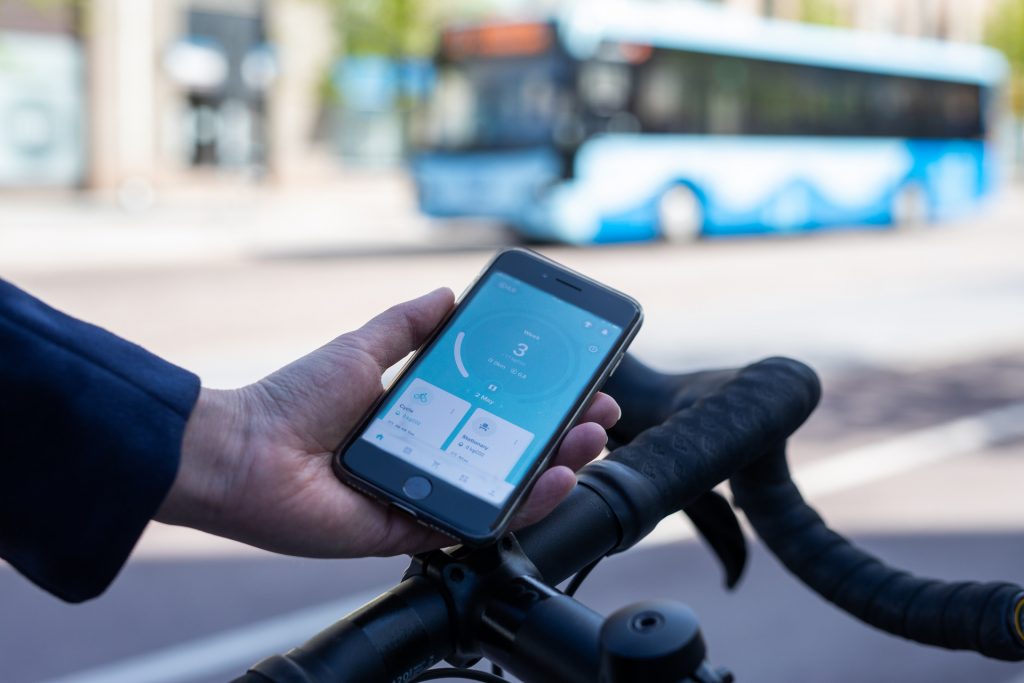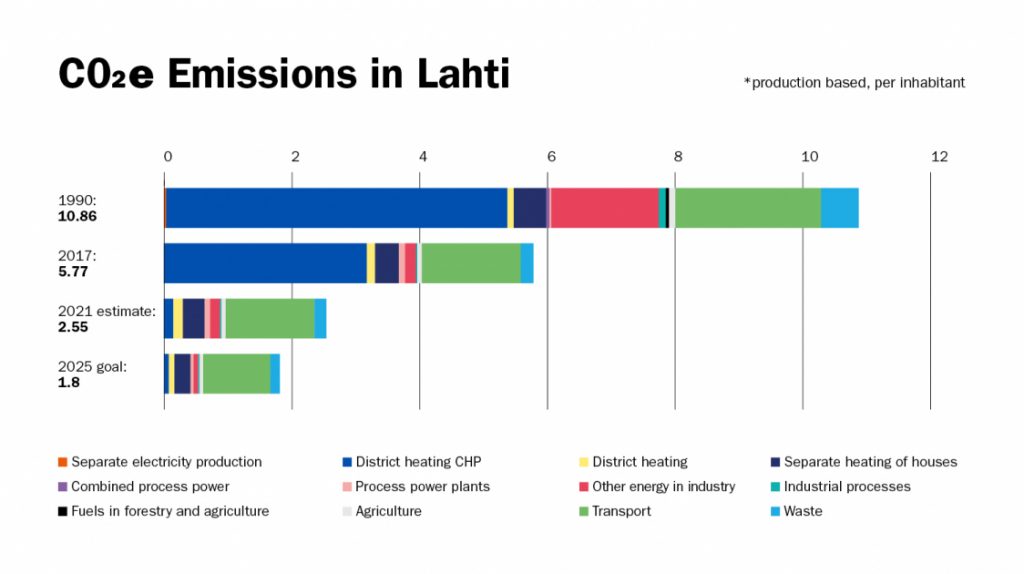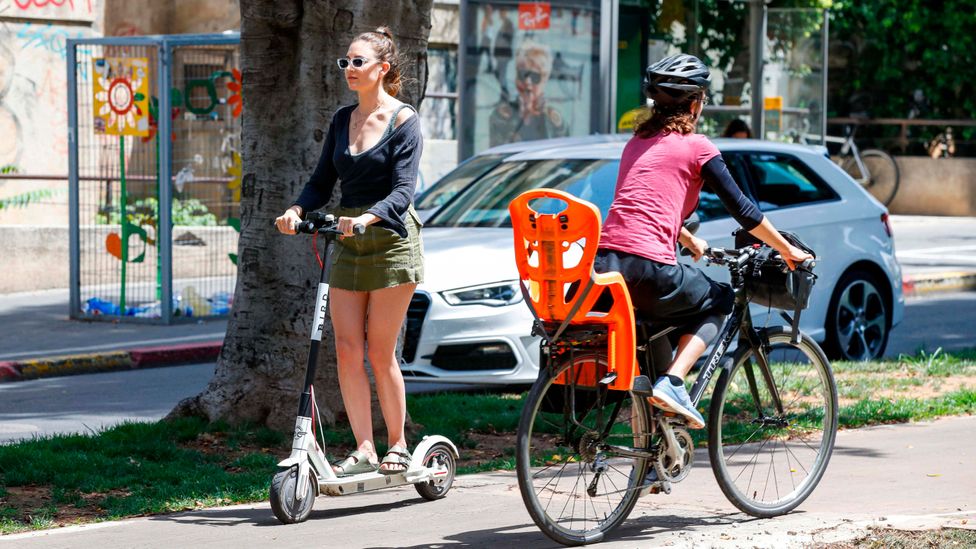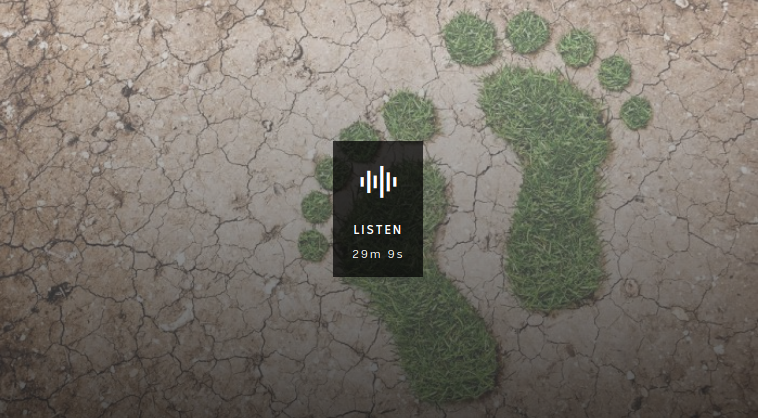Updated on 2025-05-17 by Adam Hardy
The city of Lahti in Finland is running an experimental personal carbon trading scheme, with voluntary carbon rationing or quotas helping citizens reduce their carbon footprints as part of city-based sustainable transport programme. The city won almost €0.5 million from the European Union to run the project and hopes it will feed into the transformation of the city as it plans how to go from zero mass transit to zero carbon – and better air quality.
Participation is voluntary and citizens take part because they receive a range of benefits including discounts on bus fares and at cycle repair shops. The city is promoting low carbon transport by building a network of cycle lanes.
In return, citizens use a mobile-based app to spend their carbon quota. This gathers huge amounts of data on journeys and travel which is fed into a data-intensive application used to grind out the answers to which planning solutions are going to work best.
Carbon rationing allows personal carbon trading
Not only do citizens feel that they are playing their part in reducing emissions – which they can see in a moment from their phones – but they are allowed to buy and sell their carbon quota with other participants. The benefits of participation are so significant, it’s worth paying to stay in the game.
Counter-intuitively, although personal carbon trading means citizens can buy their way out of trouble and increase their carbon footprints if needed, the total carbon available to everyone is capped. This represents the maximum for the whole city and effectively controls the “escape route” provided by the personal carbon market. The upside to this strategy is the flexibility and efficiency gains made. Nobody wants to become “carbon bankrupt”.
This is no doubt helped by the naturally enhanced Finnish attitude to life, nature and the environment. Lahti is pushing the envelope on all fronts – not only did Lahti, just before the start of this project in 2013, set itself the strategic goal of becoming a child-friendly city, winning a UNICEF award in 2015, next year the city becomes the European Green City 2021.
Meanwhile, the rest of the world looks on – this article from the BBC covers it well.
I also took part recently in a radio/podcast episode called Saturated Trees and Carbon Rationing (it was 2 subjects, not some kind of tree-based rationing) with Anna Huttunen, Project coordinator at CitiCap in Lahti.






